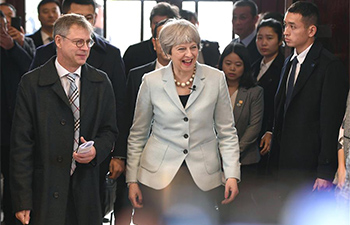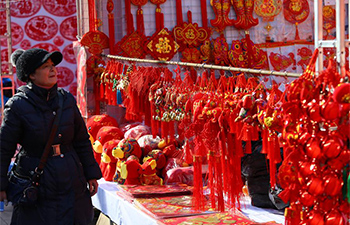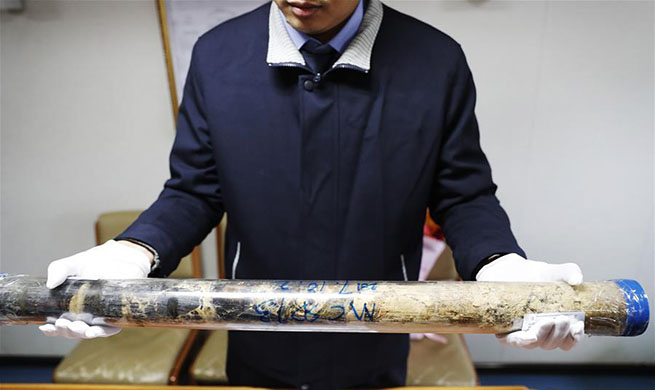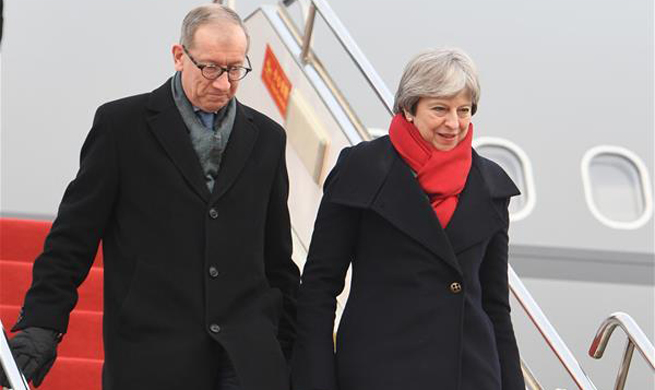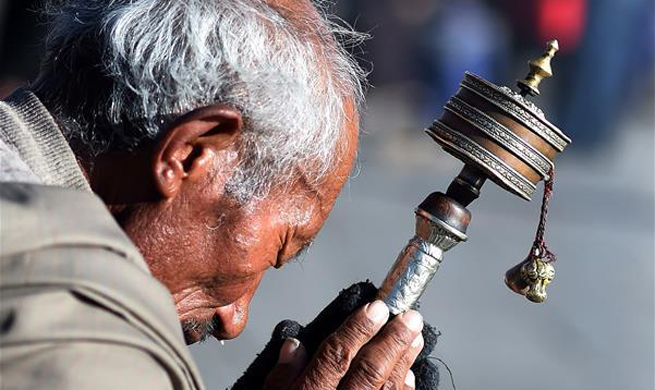CANBERRA, Jan. 31 (Xinhua) -- Australian journalists could face imprisonment for possessing classified government documents under proposed new laws, media companies have warned.
Representatives from the nation's biggest media organizations told a parliamentary committee on Tuesday night that new laws aimed at countering foreign interference would "criminalize journalism."
The foreign interference legislation could see journalists as well as editorial staff and lawyers face prison sentences for possessing classified information even if they do not publish it.
Paul Murphy, chief of the Media, Entertainment and Arts Alliance (MEAA); the union that journalists fall under, presented a submission co-authored by more than a dozen of the nation's largest media companies which strongly opposed the "extraordinarily heavy" penalties.
"It criminalizes journalism. The bill increasingly criminalizes the brave people who come forward as whistleblowers who bring material to journalists for public interest reports," Murphy told the committee on Tuesday night.
The bill could also have adverse effects on advertising revenue, the companies warned.
Georgia Kate-Schubert, head of government affairs for publishing giant News Corp Australia, said that the legislation was too broad and was ambiguous and whether it regulated digital media was unclear.
She said that if digital media was regulated differently foreign companies would avoid advertising with traditional print media to avoid the regulatory risks.
"It's not clear if the bill doesn't actually apply to digital platforms that distribute content, so the application of the law penalises traditional media companies ... it creates an uneven commercial playing field," Kate-Schubert said.
The committee also heard submissions from the education sector with universities saying the new laws would threaten funding sources and collaborations with international academics.
Catriona Jackson, acting Chief Executive Officer (CEO) of Universities Australia, said that Australian research with foreign involvement that lead to legislative or regulatory change could be found to have broken the laws.





